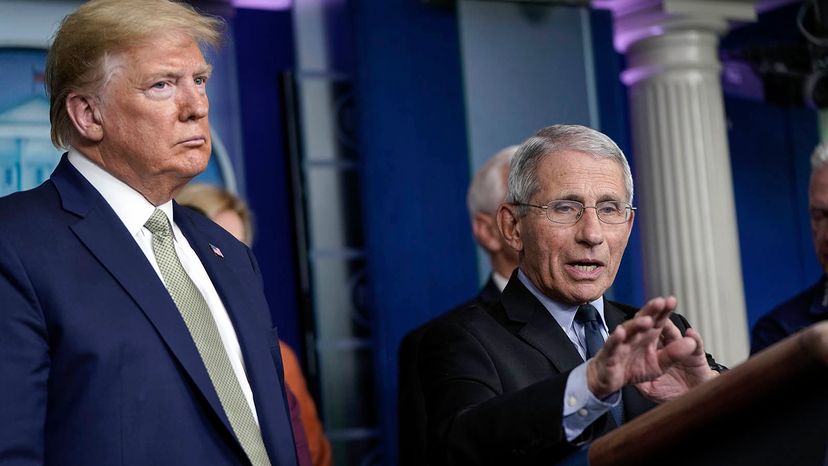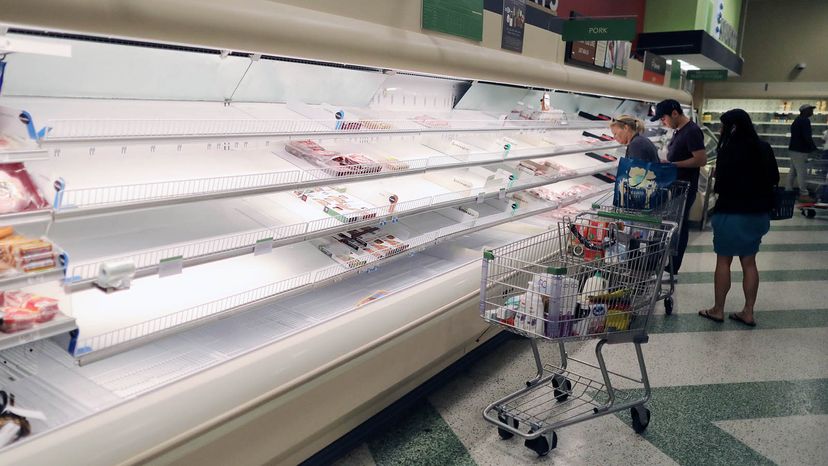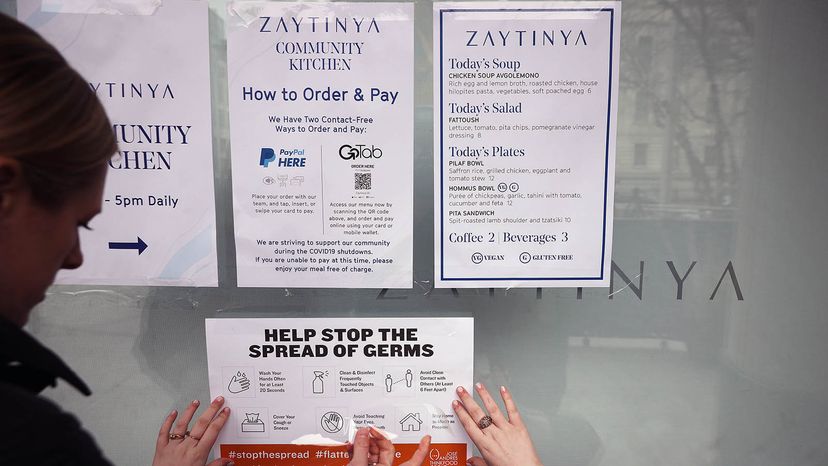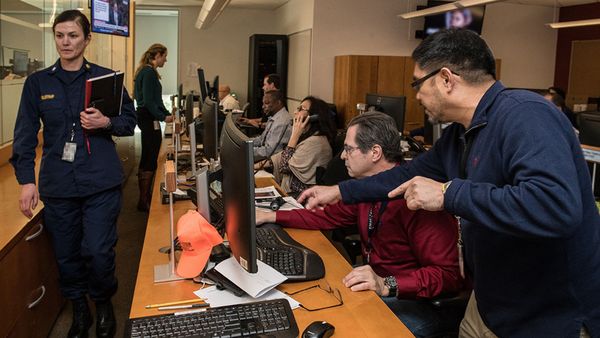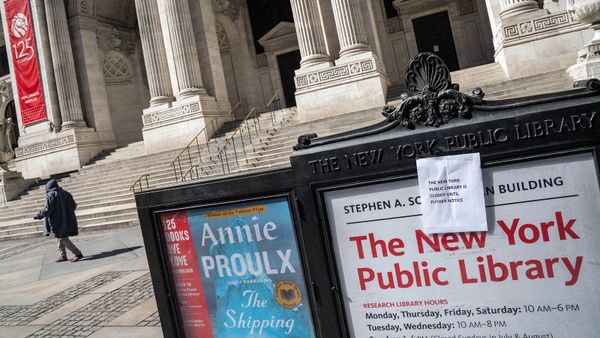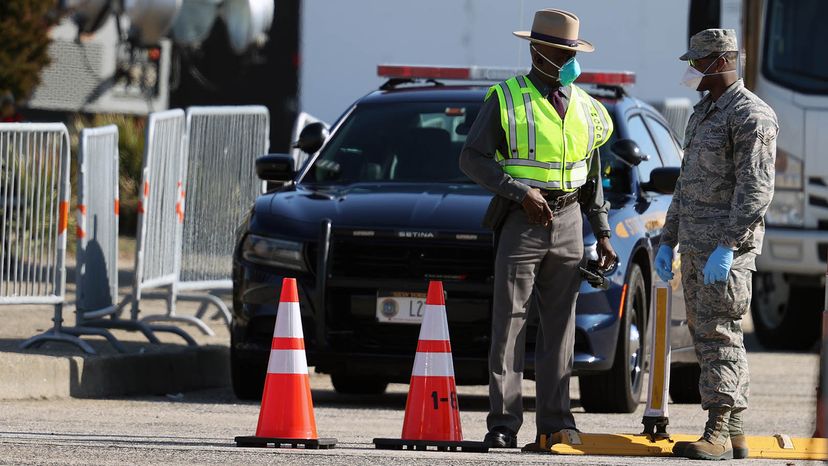
This article was first published on March 17, 2020 and last updated on March 30, 2020.
On March 28, President Donald Trump floated a drastic idea for combating the spread of the COVID-19 virus. He told reporters outside the White House that he was considering closing the borders of New York, the state with the most reported cases of infections and deaths, and neighboring areas as well.
Advertisement
"I'm thinking about that right now. We might not have to do it but there's a possibility that sometime today we'll do a quarantine," Trump said, according to the White House transcript. "Short-term, two week on New York, probably New Jersey and certain parts of Connecticut." Trump soon afterward reiterated the idea in a tweet, saying that "a decision will be made, one way or another, shortly."
New York Gov. Andrew Cuomo, who apparently was caught by surprise, told CNN that he didn't think such a border shutdown was legal, and denounced it as "a federal declaration of war." By evening, Trump had backed away from the idea, tweeting that "a quarantine will not be necessary."
It wasn't the first time, though, that Trump, who already had shut down travel from China and much of Europe, except for U.S. citizens and permanent residents and their families, publicly contemplated restricting internal movement of Americans by closing down a state's borders. At a March 12 press conference, he discussed shutting down travel to Washington state and California. "Is it a possibility? Yes. If somebody gets a little bit out of control, if an area gets too hot," Trump said, according to the White House transcript of his remarks. A few days later, he told a reporter that "We think that hopefully we wont have to do that. But its certainly something that we talk about every day."
Advertisement
